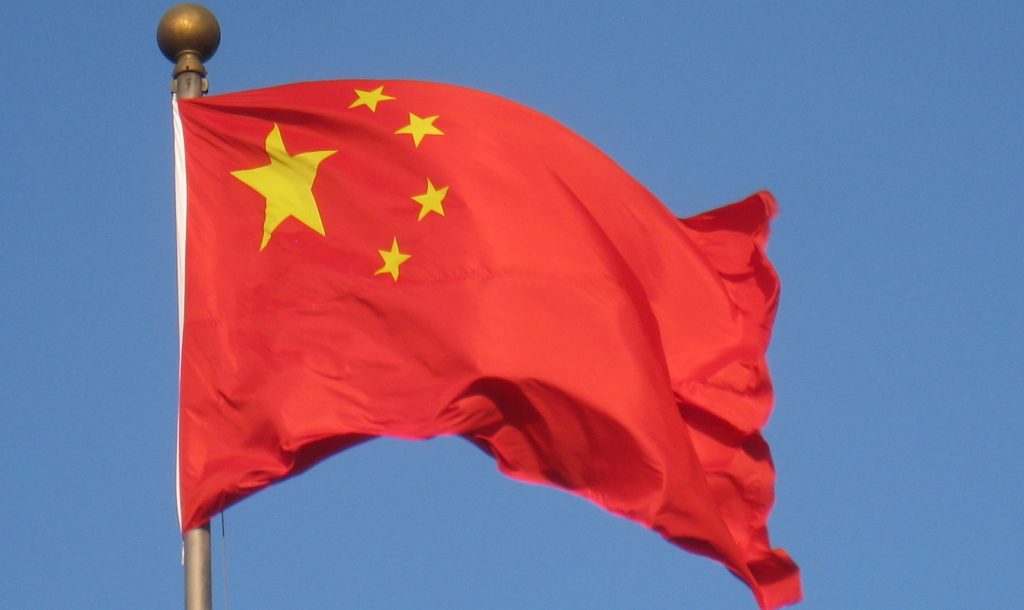Will Najib and Duterte’s tilt to China undermine ASEAN? Trissia Wijaya writes there are signs for optimism.
In the wake of a series of unprecedented statements from Prime Minister Najib Razak and President Rodrigo Duterte, many are casting doubt over whether ASEAN really does matter to its member countries. The tilt of Malaysia and the Philippines towards China have reinforced the perception of China’s expanding influence in the region, stirring fresh concerns that Beijing will erode ASEAN and draw the organisation closer to its orbit. Under Duterte’s administration, Manila’s approach towards China has changed dramatically, from previously fractious to now almost-kowtowing. Only a step behind Duterte, Malaysia has followed in embracing China, with Najib even calling himself a “true friend” of China and inking a naval deal that takes their relationship to “new heights”.
In light of these recent mind-boggling performances, it’s legitimate to ask whether this show of engaging China is the beginning of the end for ASEAN’s legitimacy in the region, particularly since Manila is about to take up the 2017 ASEAN chairmanship.
These changing regional dynamics and relationships set up a future with two foreseeable scenarios for ASEAN.
In the first scenario, ASEAN is imminently faced with a crisis of legitimacy and purpose. Although China’s chequebook diplomacy helps to fund regional infrastructure development, it could come at a price of fundamentally altering the power balance in ASEAN’s engagement with China
In the realm of realpolitik, Malaysia and Philippines’ shifts away from the US towards China may perhaps not be aberrant behaviour, as leaders generally assess the cost and benefits of their decisions. For both Duterte and Najib, the US pivot to Asia has been coupled with increasingly-troubled relationships with the superpower through the 1MDB scandal in Malaysia and the role of the US military presence in the Philippines.
Hence, mending fences with Beijing is less risky than holding onto long-standing maritime disputes against it. China issuing a “no-strings-attached chequebook” would indirectly support Najib in maintaining his grip on power amid the 1MDB crisis, and would allow Duterte to keep fuelling his war on drugs unchecked.
An old Chinese saying talks of “one bed, different dreams”. Throughout the years of ASEAN, despite each nation’s different dreams, members have at least slept in the same bed. Creating a binding Code of Conduct in the South China Sea and engagement with China through the ASEAN Regional Forum (ARF) during the early 1990s are some of ASEAN’s successes in its attempt to guide China to agree to a multilateral framework. When the South China Sea dispute became a principal agenda item for the first time at the 1997 ARF annual meeting, ASEAN’s confidence-building measures thawed China-ASEAN state relations. ASEAN successfully procuring China’s active participation in the ARF eventually resulted in the 2002 Declaration on the Code of Conduct on the South China Sea, which reiterated Beijing’s commitment to prevent further escalation of tensions.
However, during the past few years, the inability of ASEAN to resolve maritime disputes has been challenging the “one bed” concept. The region is potentially about to be drawn closer to China, led on a rope to Beijing’s bed. In such a scenario, ASEAN is powerless, and the regional dynamic would be transformed into something akin to an imperial tributary system.
Nonetheless, with Donald Trump’s US presidential election victory in mind, there remains room for optimism.
In the second foreseeable future for ASEAN, Duterte and Najib’s China lovefest could in fact strengthen ASEAN legitimacy. The pragmatic approach of Duterte could potentially lead to an important thawing of China-ASEAN relations. An ASEAN foreign policy independent from the US, a possible outcome of Trump’s isolationalist approach to the region, would be initially detrimental to balancing China’s assertiveness. However, as the next chair of ASEAN, this frees Manila to potentially bring China back on track – to the “bed of ASEAN” – in a manner similar to the early years of ARF, where ASEAN took the role of “policeman” in monitoring Beijing’s moves in the region.
Duterte and Najib’s engagement approach towards China could put pressure on that country to undertake a more benevolent policy approach to the region. China’s policy-making process has been traditionally reactive to the US’ presence at their doorstep. Despite years of criticism over China’s hostile expansionism, particularly in the case of the South China Sea, China would always defend their policy as a necessary defensive measure against an aggressive US presence. If Duterte and Najib are genuine about opposing US interference in the region, China’s assertive and expansionist policy has no legs to stand on, and ASEAN will understandably expect a shift in China’s policy dynamic.
Trump’s extraordinary victory may soon end the US’s rebalancing policy and downgrade the US presence in the Asian region. Thus, since China is likely to feel less contained, it may become more open to entertaining ASEAN’s dispute settlement mechanisms.
All in all, although ASEAN’s future remains a puzzle, Duterte and Najib’s developing relationships with China need not erode the legitimacy of the regional organisation as long as they play based on rules, where engagement is not “the end”, but the “process” to ensure China is still in the game. ASEAN’s engagement of China must be underscored by confidence that the member states’ tilts towards China are not simply about pursuing ‘interdependence’ at all costs. Instead, these tilts should be seen as ways to create cooperative relations, strengthen a rules-based process, and find new areas of agreement.
Trissia Wijaya is a MEXT¹s scholar at the Graduate School of International Relations at Ritsumeikan University, Kyoto, Japan. Her research interests primarily lie in international relations in the Asia-Pacific and foreign policy.
 Facebook
Facebook  Twitter
Twitter  Soundcloud
Soundcloud  Youtube
Youtube  Rss
Rss 